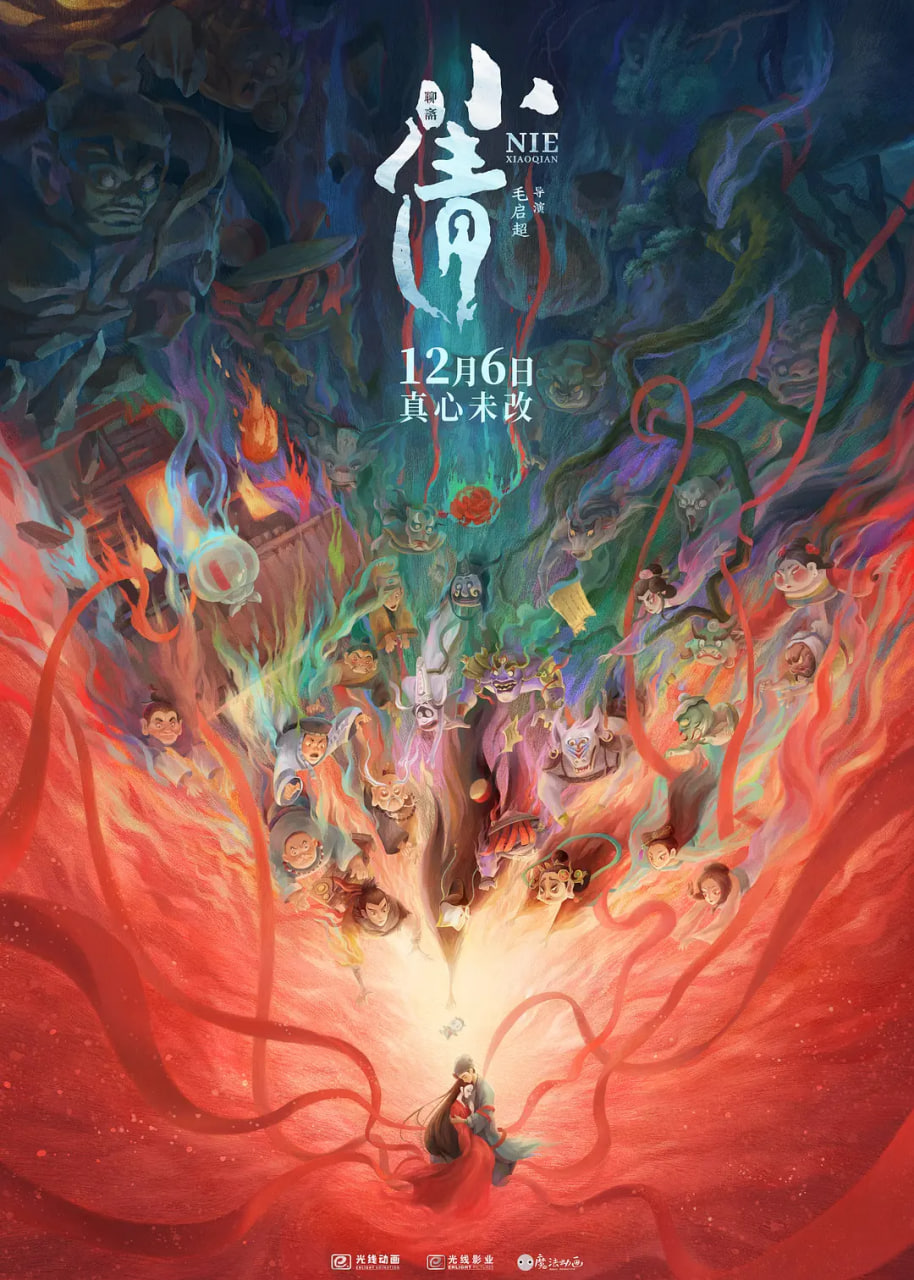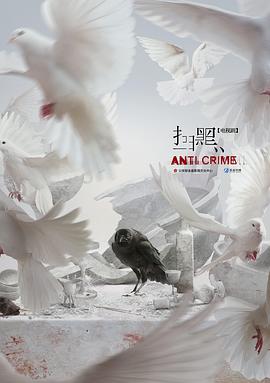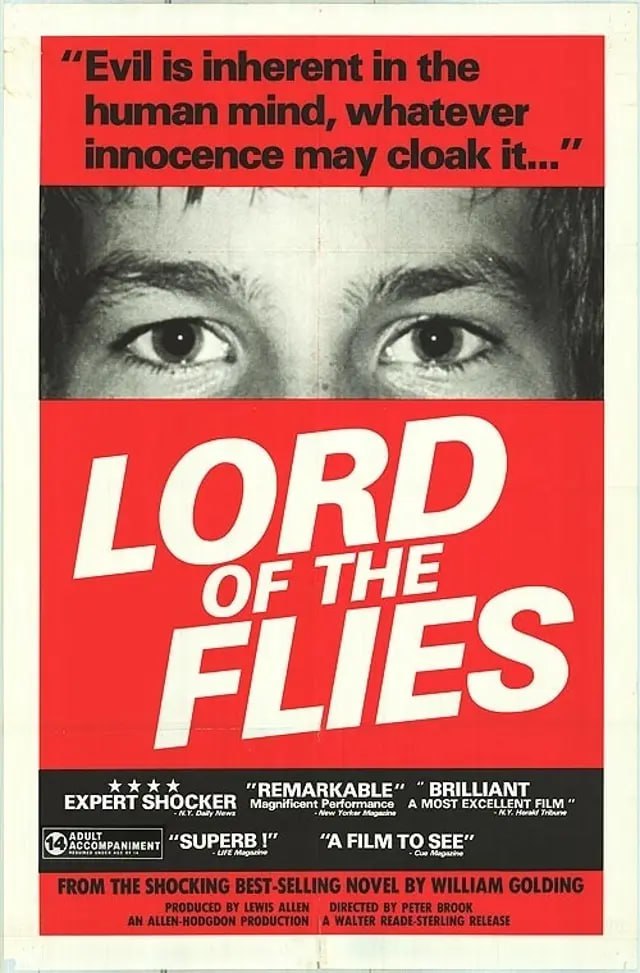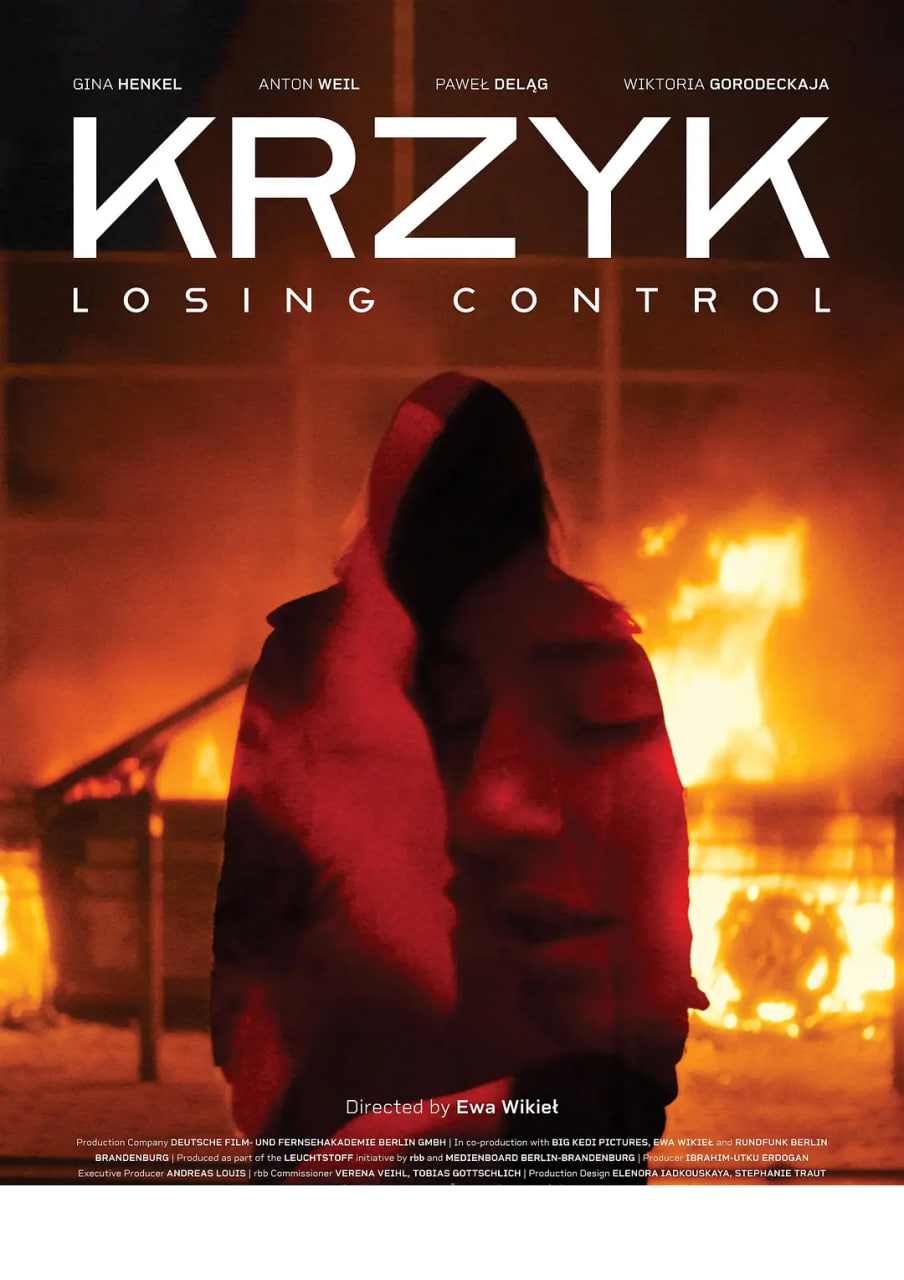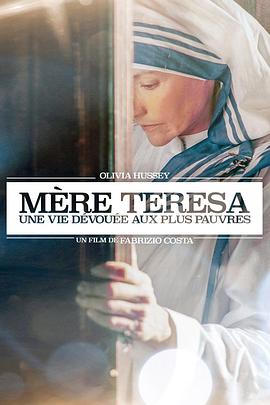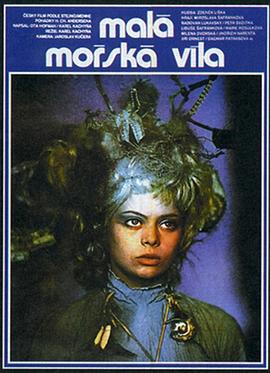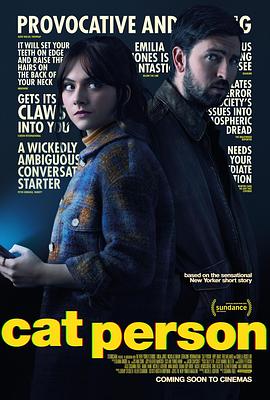剧情:
Somewhere in the remote region, the war ends. In the midst of ruined cities and houses in the streets, in rural hamlets, everywhere where people still live, are children who have lost their homes and parents. Abandoned, hungry, and in rags, defenseless and humiliated, they wander through the world. Hunger drives them. Little streams of orphans merge into a river which rushes forward and submerges everything in its path. The children do not know any feeling; they know only the world of their enemies. They fight, steal, struggle for a mouthful of food, and violence is merely a means to get it. A gang led by Cahoun finds a refuge in an abandoned castle and encounters an old composer who has voluntarily retired into solitude from a world of hatred, treason, and crime. How can they find a common ground, how can they become mutual friends The castle becomes their hiding place but possibly it will also be their first home which they may organize and must defend. But even for this, the price will be very high. To this simple story, the journalist, writer, poet, scriptwriter, movie director, and film theoretician Béla Balázs applied many years of experience. He and the director Géza Radványi created a work which opened a new postwar chapter in Hungarian film. Surprisingly, this film has not lost any of its impact over the years, especially on a profound philosophical level. That is to say, it is not merely a movie about war; it is not important in what location and in what period of time it takes place. It is a story outside of time about the joyless fate of children who pay dearly for the cruel war games of adults. At the time it was premiered, the movie was enthusiastically received by the critics. The main roles were taken by streetwise boys of a children's group who created their roles improvisationally in close contact with a few professional actors, and in the children's acting their own fresh experience of war's turmoil appears to be reflected. At the same time, their performance fits admirably into the mosaic of a very complex movie language. Balázs's influence revealed itself, above all, in the introductory sequences an air raid on an amusement park, seen in a montage of dramatic situations evoking the last spasms of war, where, undoubtedly, we discern the influence of classical Soviet cinematography. Shooting, the boy's escape, the locomotive's wheels, the shadows of soldiers with submachine guns, the sound of a whistle—the images are linked together in abrupt sequences in which varying shots and expressive sharp sounds are emphasized. A perfectly planned screenplay avoided all elements of sentimentality, time-worn stereotypes of wronged children, romanticism and cheap simplification. The authors succeeded in bridging the perilous dramatic abyss of the metamorphosis of a children's community. Their telling of the story (the scene of pillaging, the assault on the castle, etc) independently introduced some neorealist elements which, at that time, were being propagated in Italy by De Sica, Rossellini, and other film artists. The rebukes of contemporary critics, who called attention to formalism for its own sake have been forgotten. The masterly art of cameraman Barnabás Hegyi gives vitality to the poetic images. His angle shots of the children, his composition of scenes in the castle interior, are a living document of the times, and underline the atmosphere and the characters of the protagonists. The success of the picture was also enhanced by the musical art of composer Dénes Buday who, in tense situations, inserted the theme of the Marseilaise into the movie's structure, as a motive of community unification, as an expression of friendship and the possibility of understanding. Valahol Europaban is the first significant postwar Hungarian film. It originated in a relaxed atmosphere, replete with joy and euphoria, and it includes these elements in order to demonstrate the strength of humanism, tolerance, and friendship. It represents a general condemnation of war anywhere in the world, in any form.收起
【HD中字】
官网同步更新,若有延迟请稍作休息再看看
官网同步更新,若有延迟请稍作休息再看看
【HD中字】
官网同步更新,若有延迟请稍作休息再看看
官网同步更新,若有延迟请稍作休息再看看
【HD中字】
官网同步更新,若有延迟请稍作休息再看看
官网同步更新,若有延迟请稍作休息再看看
相关影片
2024剧情片中国大陆
更新第01集
1963剧情片英国
第4集完结
2024剧情片德国
HD
2001剧情片中国大陆
第2集
2020剧情片中国大陆
更新至第162集
2003剧情片西班牙
正片
2001剧情片中国大陆,中国香港
HD国语
1976剧情片其它
故事发生在神秘莫测的大海之中,小美人鱼是海洋之王最喜欢的一个女儿,拥有着最曼妙的歌喉。某日,小美人鱼的歌声将一位王子吸引到了群礁之中,王子的船触了礁,王子跌入海中,生命垂危。就在这个节骨眼上,小美
全集完结
2026剧情片泰国
讲述霉运缠身的职场新人 用功德值在幸运点 兑换三个愿望,谁知不仅愿望全部落空,还被派来个干啥啥不行的垫底天使 ,于是两人开始了同居生活。
更新第02集
2024剧情片日本
已完结
2015剧情片大陆
40全集
2023剧情片美国,法国
正片
2012剧情片日本
正片
2017剧情片法国
正片

